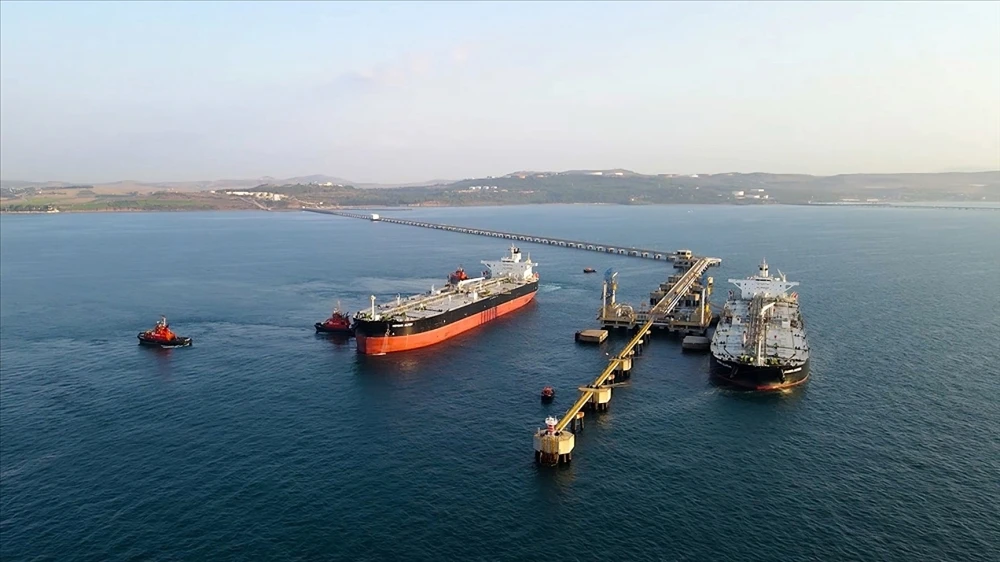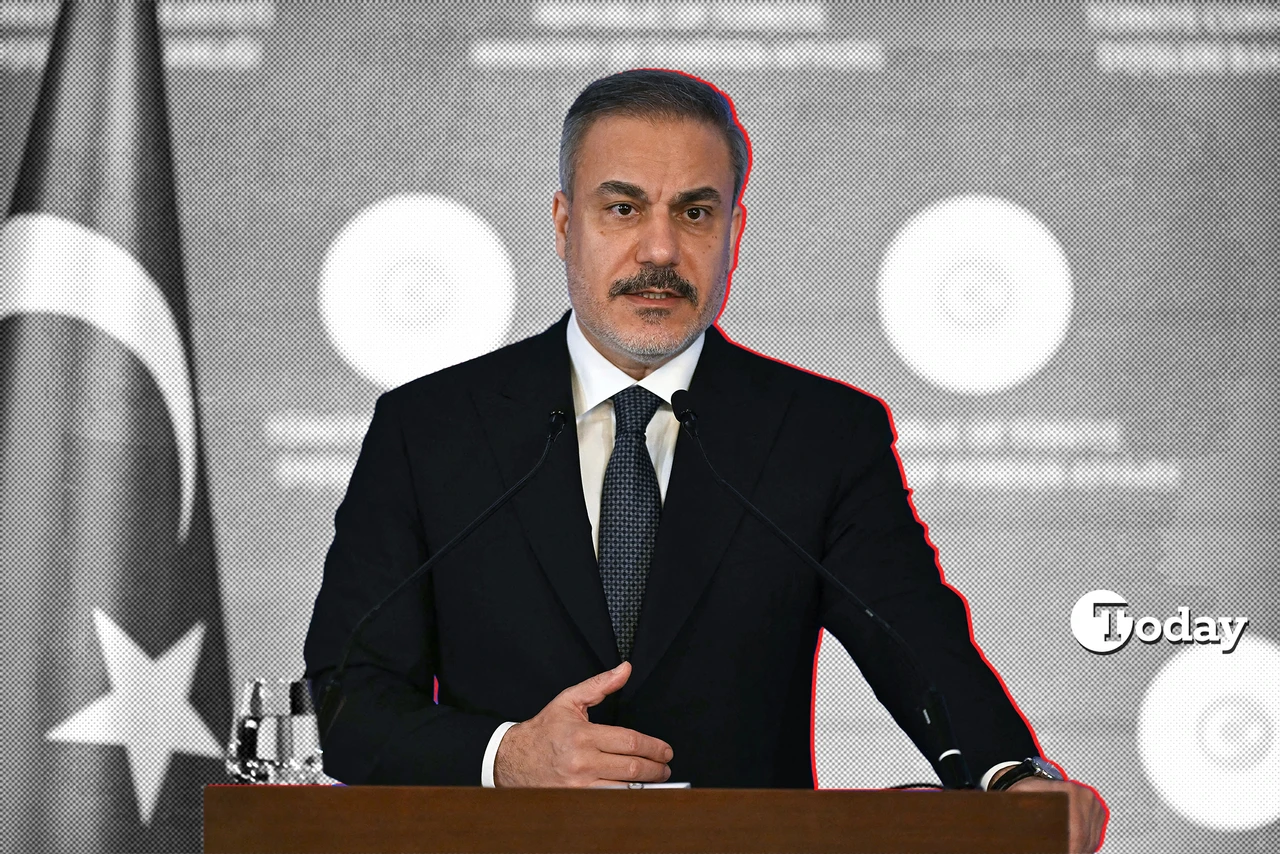Kurdish oil exports to Türkiye delayed as contract, payment issues persist
 Small petrol station in Iraq in Nasiriyah, Iraq on November 12 2024 (Adobe Stock Photo)
Small petrol station in Iraq in Nasiriyah, Iraq on November 12 2024 (Adobe Stock Photo)
Efforts to restart Kurdish oil exports through the critical Iraq-Türkiye oil pipeline have once again encountered significant hurdles because of ongoing uncertainties over payment terms and contractual obligations, according to the two sources with direct knowledge of the matter speaking to Reuters.
The talks, which began in late February, have failed to resolve the nearly two-year standoff that has halted oil flows from the Iraqi Kurdish Regional Government (KRG) to Türkiye’s Mediterranean port of Ceyhan, Adana.
Despite pressure from both Washington and other nations, which pushed Iraq to resume exports, negotiations seem to remain deadlocked for now.
Lack of clarity on payments and contracts
According to the sources, the Iraqi Ministry of Oil sent a letter to the KRG officials on 27 March, Thursday, requesting the appointment of an independent consultant to assess the cost of production and transportation for each oil field.
The aim is to determine a fair price for the oil, but the sources speaking to Reuters stated that the continued negotiations with international oil companies regarding the scope of the consultant’s role have raised concerns.
“There is no agreed methodology for this yet, and so the fear is that at some point companies wouldn’t know how much they would be paid for their production, as that consultant could change the whole expectation of payment,” one source explained.
Sources added that this uncertainty undermines the credibility of Iraq’s commitment to comply with existing contracts with KRG-based oil companies.

APIKUR demands commitment to existing contracts
APIKUR, a consortium of eight oil companies operating in the KRG region, has made it clear that it will not resume exports unless Baghdad offers a firm commitment to honor existing contracts.
In a statement, APIKUR expressed frustration over Iraq’s reluctance to ensure guaranteed payment for both past and future exports.
In response to the Iraqi Ministry of Oil’s recent letter, APIKUR stated, “These actions by the Ministry of Oil are not acceptable.”
APIKUR also criticized Baghdad for attempting to unilaterally establish a separate process that undermines the sanctity of the existing contracts with international oil companies (IOCs).
Designated International Oil Companies (IOCs), along with the Kurdish Regional Government, have been negotiating in good faith with the Government of Iraq (GOI), including directly with Prime Minister Sudani’s office, to reach a resolution to resume exports through the Iraqi-Türkiye pipeline under our legal agreements and the Iraqi budget law.
We understand today the Ministry of Oil has demonstrated it is unwilling to negotiate a solution that honors IOC’s contract sanctity and is attempting to establish a process to unilaterally alter the economic framework of legal and valid contracts between the KRG and IOCs.
These actions by the Ministry of Oil are not acceptable, and the member companies of APIKUR will not resume exports until there is commitment from the GOI to honor our contracts, including payment surety for past and future exports.
APIKUR

US pushes for restart to boost oil supply
The United States has been vocal in urging Iraq to restart the oil exports as part of a broader effort to boost global oil supplies and lower prices.
Washington is also keen to sever financial ties between Iraq and neighboring Iran as it intensifies its pressure on Tehran over its oil exports and nuclear program.
Iraq is an important ally to both the U.S. and Iran, and Washington’s policy of squeezing Tehran has left Baghdad in a delicate position, sources said.
Meanwhile, Türkiye has yet to receive confirmation from Iraq on the resumption of oil flows through the Iraq-Türkiye pipeline.



